[Top-selling item] vintage satan and she lived happily ever after poster
- See more same items in here
- Or get new items ⇒Click here
More From Poster
Alexander Hamilton mentioned that the president, although missing vintage satan and she lived happily ever after poster the ability to declare warfare, would have “the direction of struggle when licensed or begun”. U.S. ranks have
vintage satan and she lived happily ever after poster
These nominations require Senate affirmation, and this could provide a serious stumbling block for presidents who wish to shape the federal judiciary in a specific ideological stance. vintage satan and she lived happily ever after poster Presidents are required to approve all of a invoice or none of it; selective vetoes have been prohibited. In 1996, Congress gave President Bill Clinton a line-item veto over components of a bill that required spending federal funds. The Supreme Court, in Clinton v. New York City, found Clinton’s veto of pork-barrel appropriations for New York City to be unconstitutional as a result of only a constitutional modification could give the president line-item veto energy. The amount of military detail dealt with personally by the president in wartime has various dramatically. George Washington,
the primary U.S. president, firmly established army subordination underneath civilian authority. In 1794, Washington used his constitutional powers to assemble 12,000 militia to quell the Whiskey Rebellion—a conflict in western Pennsylvania involving armed farmers and distillers who refused to pay excise tax on spirits. According to historian Joseph Ellis, this was the “first and solely time a sitting American president led troops within the area”, although James Madison briefly took management of artillery items in protection of Washington D.C. in the course of the War of 1812. The precise degree of authority that the Constitution grants to the president as commander-in-chief has been the topic of a lot debate throughout American historical past, with Congress at varied occasions granting the president extensive authority and at others trying to restrict that authority. There is broad consensus that the framers of the Constitution intended Congress to declare war and the president to direct the warfare;




Only logged in customers who have purchased this product may leave a review.
1. Choose style, color and size. The above atributes are always available and suitable for the design, please do not hesitate to choose your favorite product. Please see our Size chart to make sure the size is right for you. See details of our product information on our Product information page.
2. Click Add to cart. Tip: Buying 2 or more products significantly reduces delivery costs.
3. Go to the checkout page. Fill out the order information and proceed with payment.
4. The system will send a confirmation email when the order is complete.
Note: 1. You can only change the order information within 4 hours of placing an order successfully. 2. Currently, due to the coronavirus pandemic, it takes us about 7-21 business days to ship product. 3. If you receive a defective product due to printing or shipping, please contact us to get a new replacement product for free.
If you have any questions, please chat with us or contact us via [email protected]. Your satisfaction is our happiness. Thank you for trusting and shopping with us!




















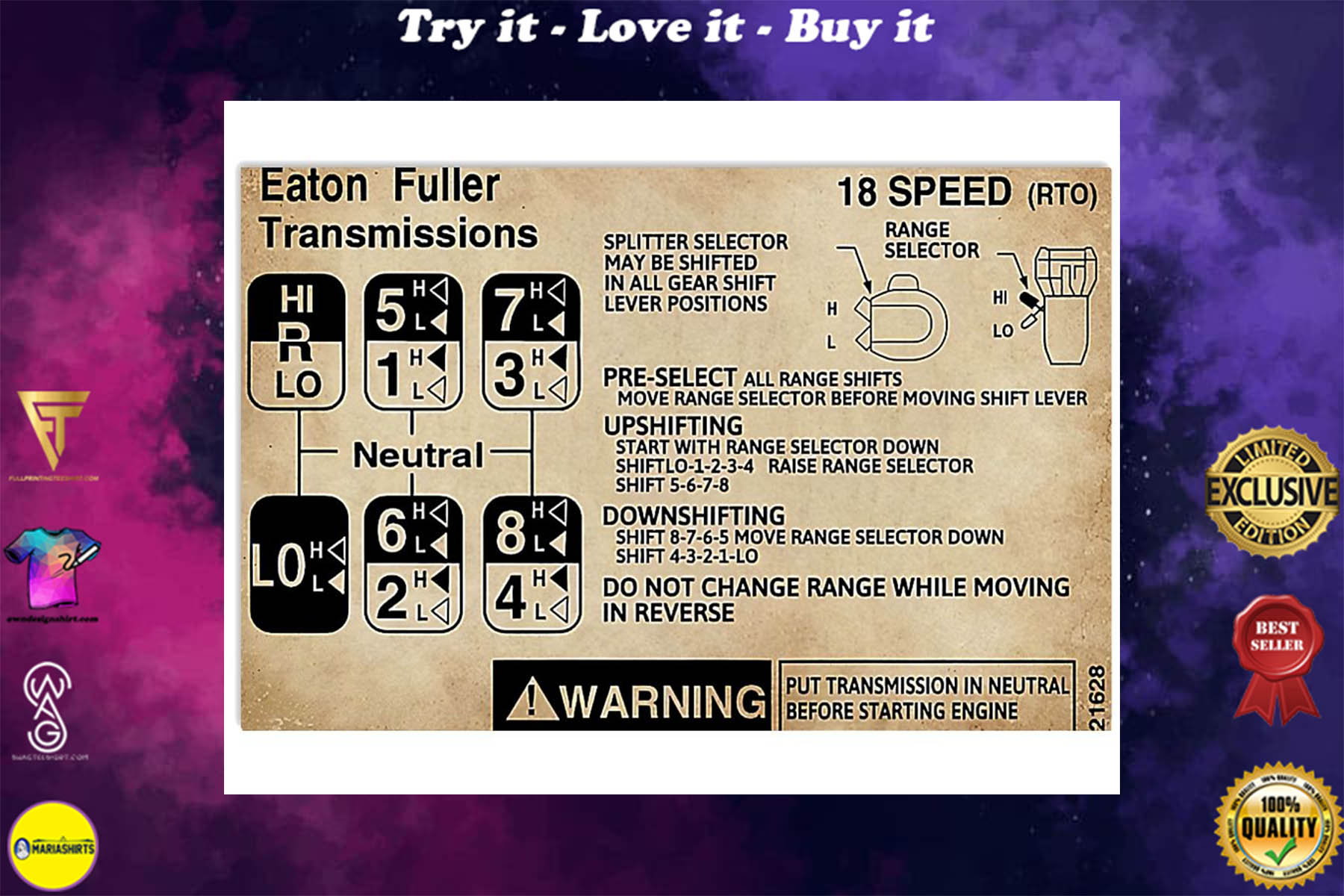
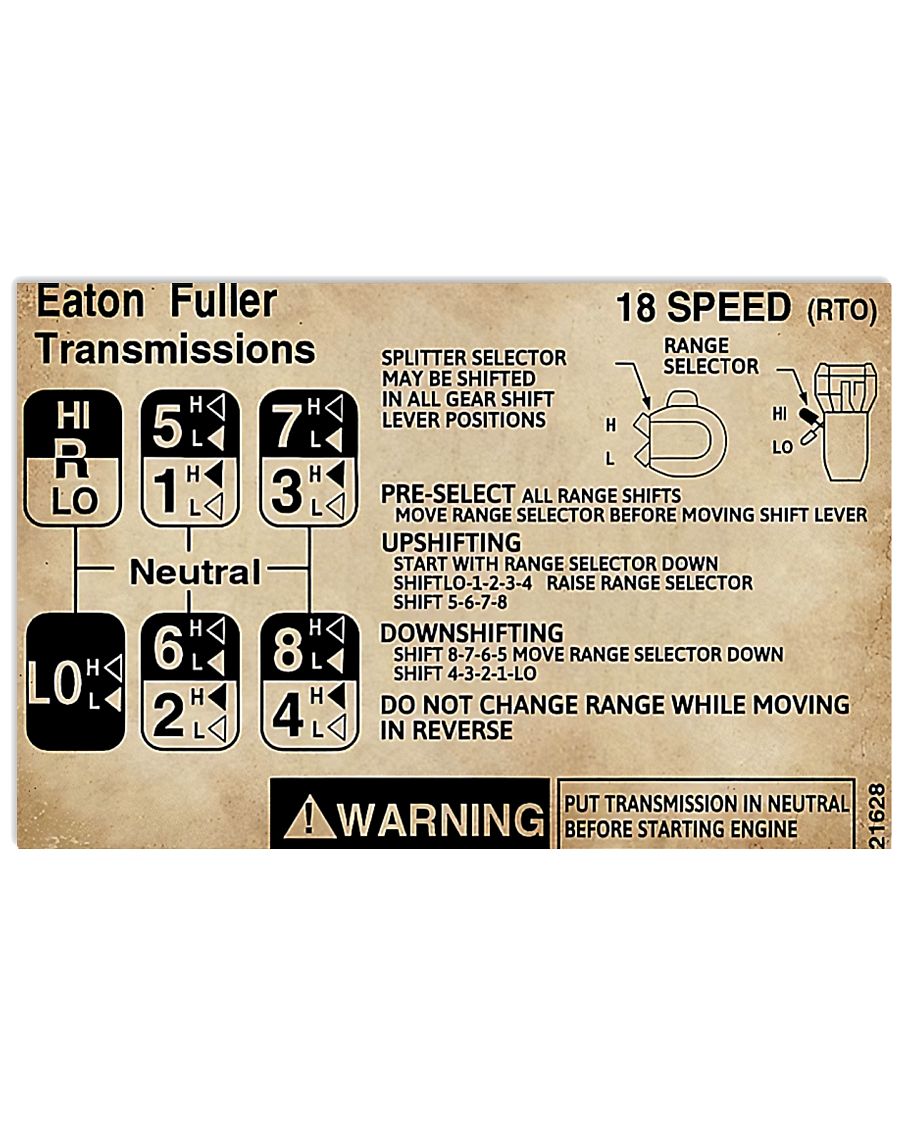



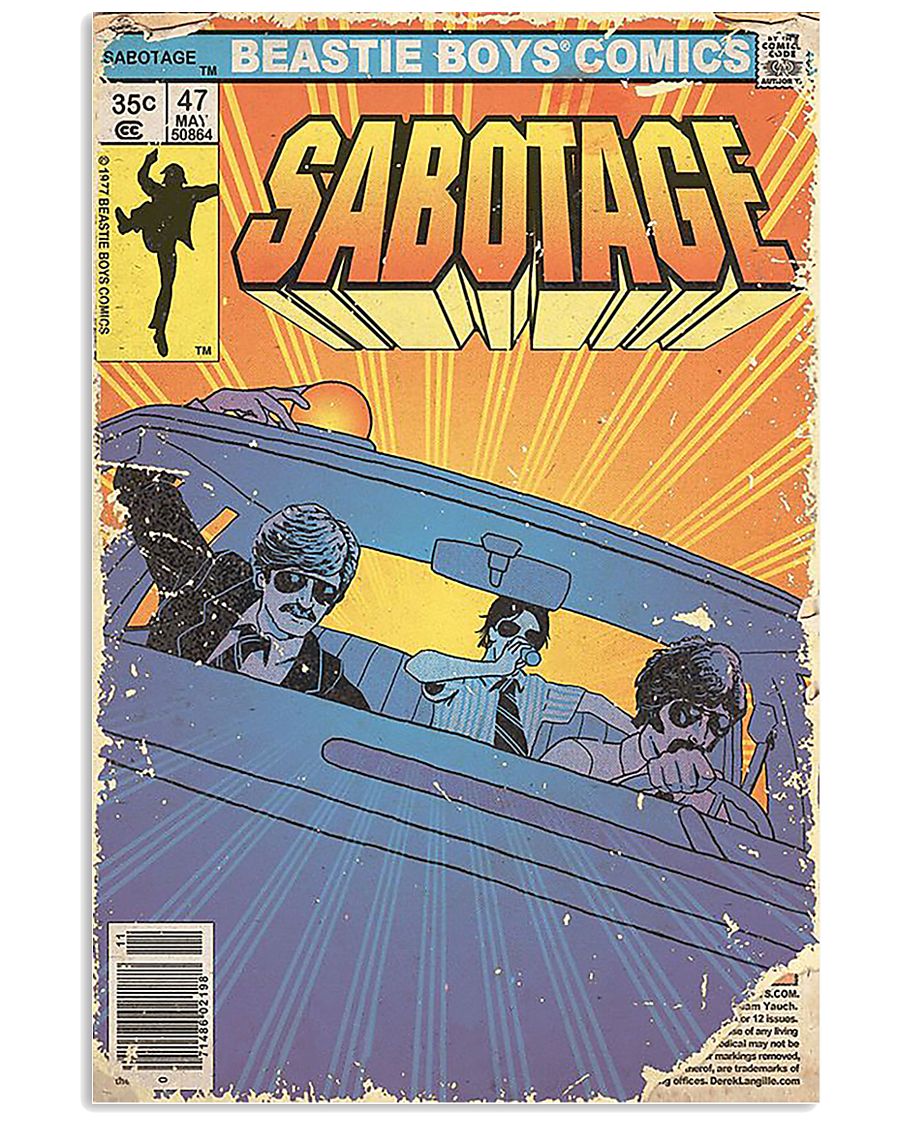

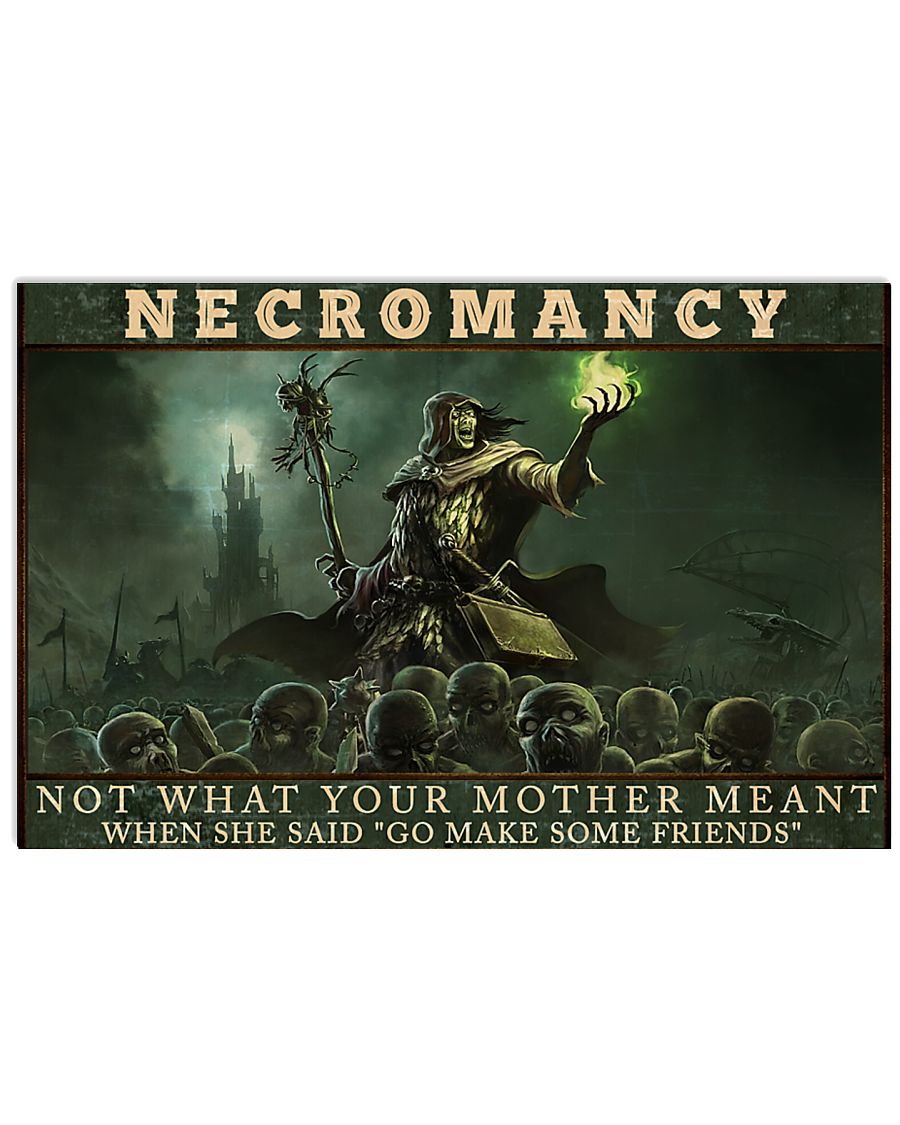











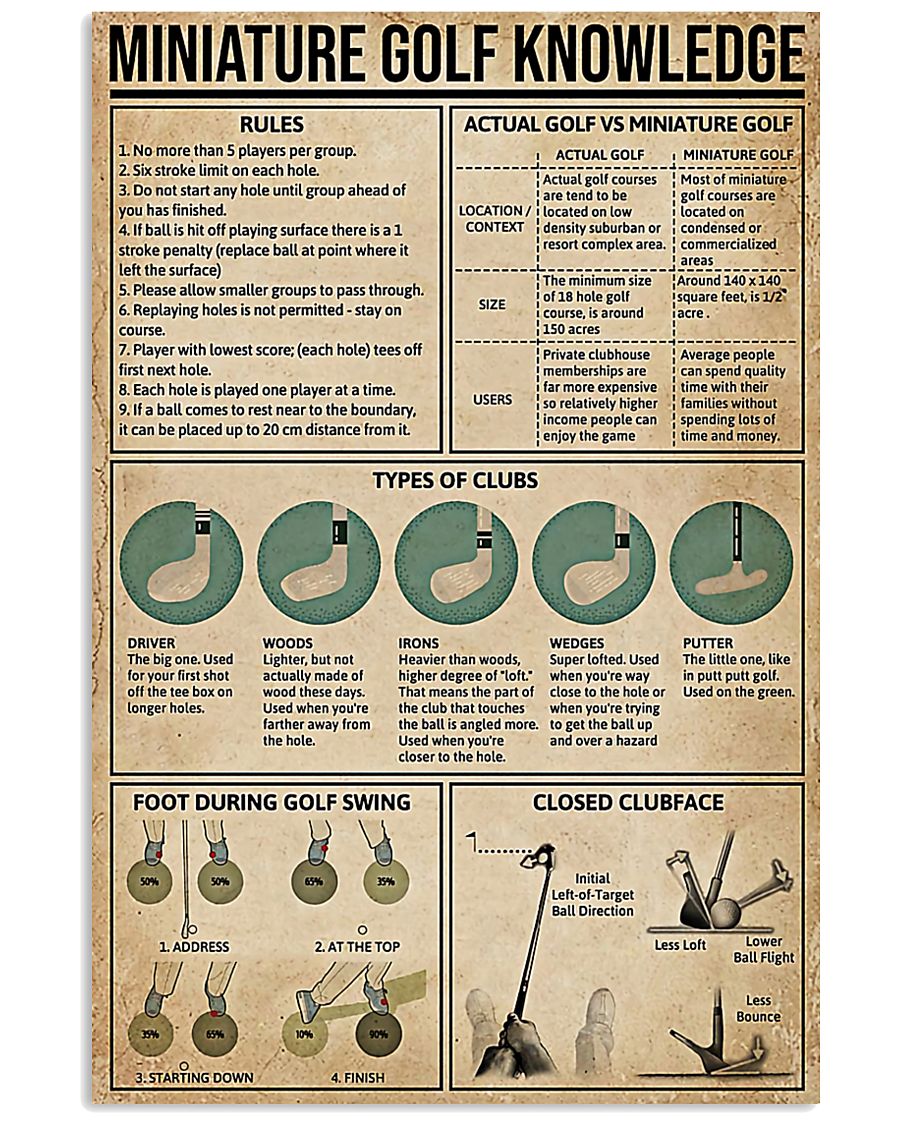




















Reviews
There are no reviews yet.